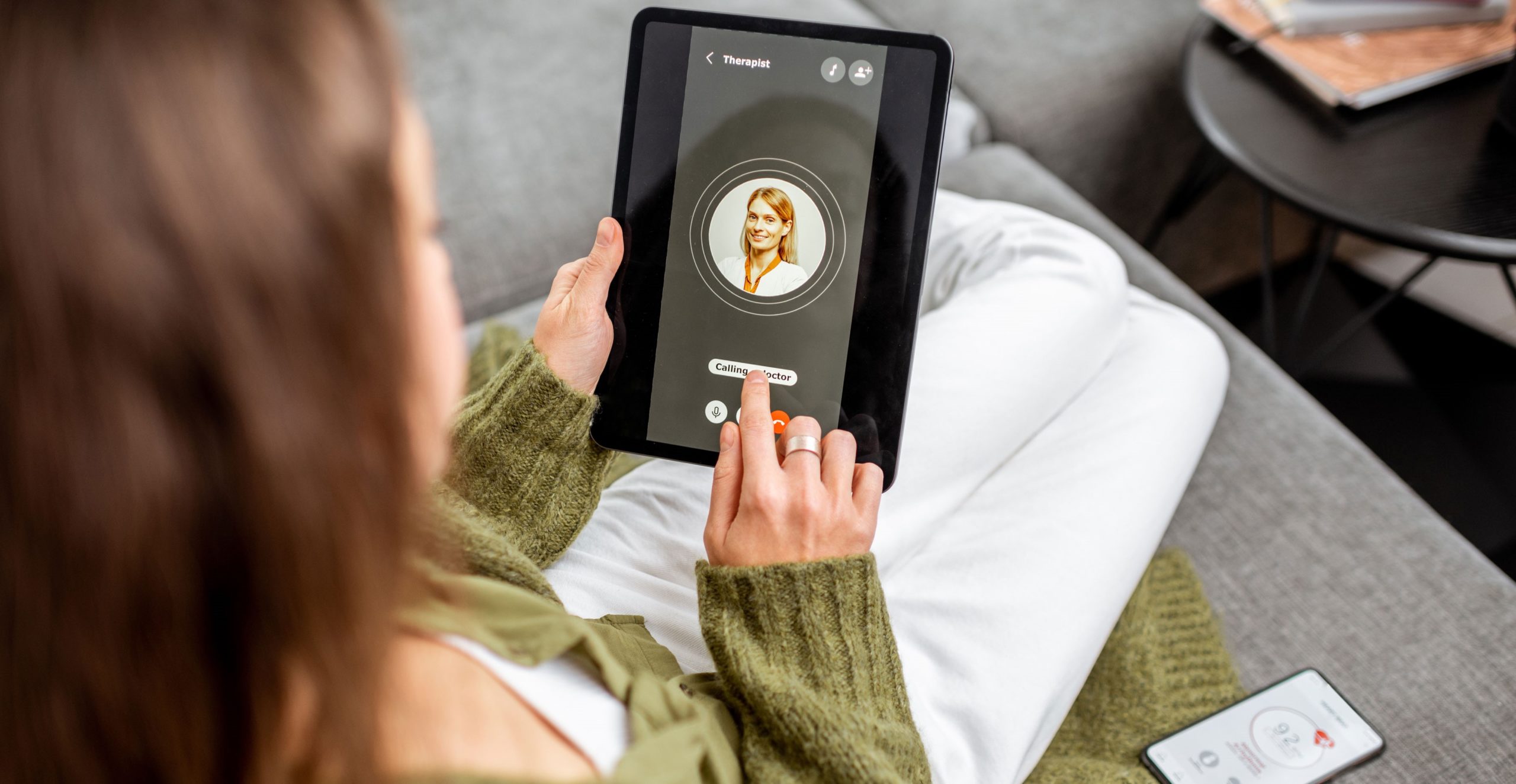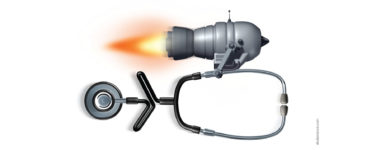The health and wellness revolution is finally here! Perhaps a strange time to make this statement as COVID-19 ravages the globe, but long-rumored and showcased each year at CES, technology and digital media are finally making an impact in the way people manage their personal health and well-being—putting much more control into their hands.
Various digital tools and services mean monitoring and managing health, fitness, and well-being can now be done with a detail and accuracy not previously possible, by anyone with the inclination and a smartphone. Thanks to ever-improving data analysis, apps can provide personalized advice and goals to a degree of individuality previously limited to those with deep pockets.
This level of health introspection was largely limited to smoking cessation and weight loss, but people, particularly younger generations, are more aware of health factors in various aspects of their lives. They are thinking critically about health, not only in terms of medicine but body and mind sustenance—so this mindset sits as comfortably in the supermarket or on their smartphone as it does in the doctor’s office.
One consequence is the patient mentality has been usurped—or morphed into—a consumer mentality. These new consumers expect health brands to meet and exceed their needs, like every other category. This opens the door for brands to build loyalty by focusing on individual needs. Relevance and empathy have become more important than medical jargon. Digital-first brands have embraced health tech, telehealth, and wearable biometric trackers as they launched products and services to help consumers along their journeys for optimal health.
Brands Breaking Through to Consumers
So, it’s not surprising that several of the brands in our Breakthrough Brands report carved out their positioning within this world, often adopting more consumer-led thinking by homing in on specific demographics who would benefit most from more personalized services.
Two of the brands target women. Maven, founded in 2014, offers tailored and compassionate treatment to help women and their families feel safe and cared for through fertility treatment, pregnancy, and childbirth. Part of its service includes an app for on-demand access to virtual care.
Elvie is at the forefront of female-led technology to improve women’s health, and their overall lives. It first launched an app-connected pelvic floor trainer and followed with a silent, wearable breast pump. Its positioning is all about reimagining health solutions to better serve women and tackling some of the taboos around women’s health. For example, the Elvie Pump launched at Fashion Week with a model walking down the catwalk using one.
Another of the brands on our list, Devoted Health, offers senior citizens progressive health insurance plans. The company built its base through clever customer acquisition tactics and competitive pricing. It has tried to reduce the barriers normally in place between doctors and patients with personalized healthcare encompassing online tools and rides to the doctor’s office.
These brands show that by meeting specific groups of patients’ needs, drawing on digital media and innovative technology, they are creating products and services offering the sort of personalization that sits them at the heart of the wellness revolution.









